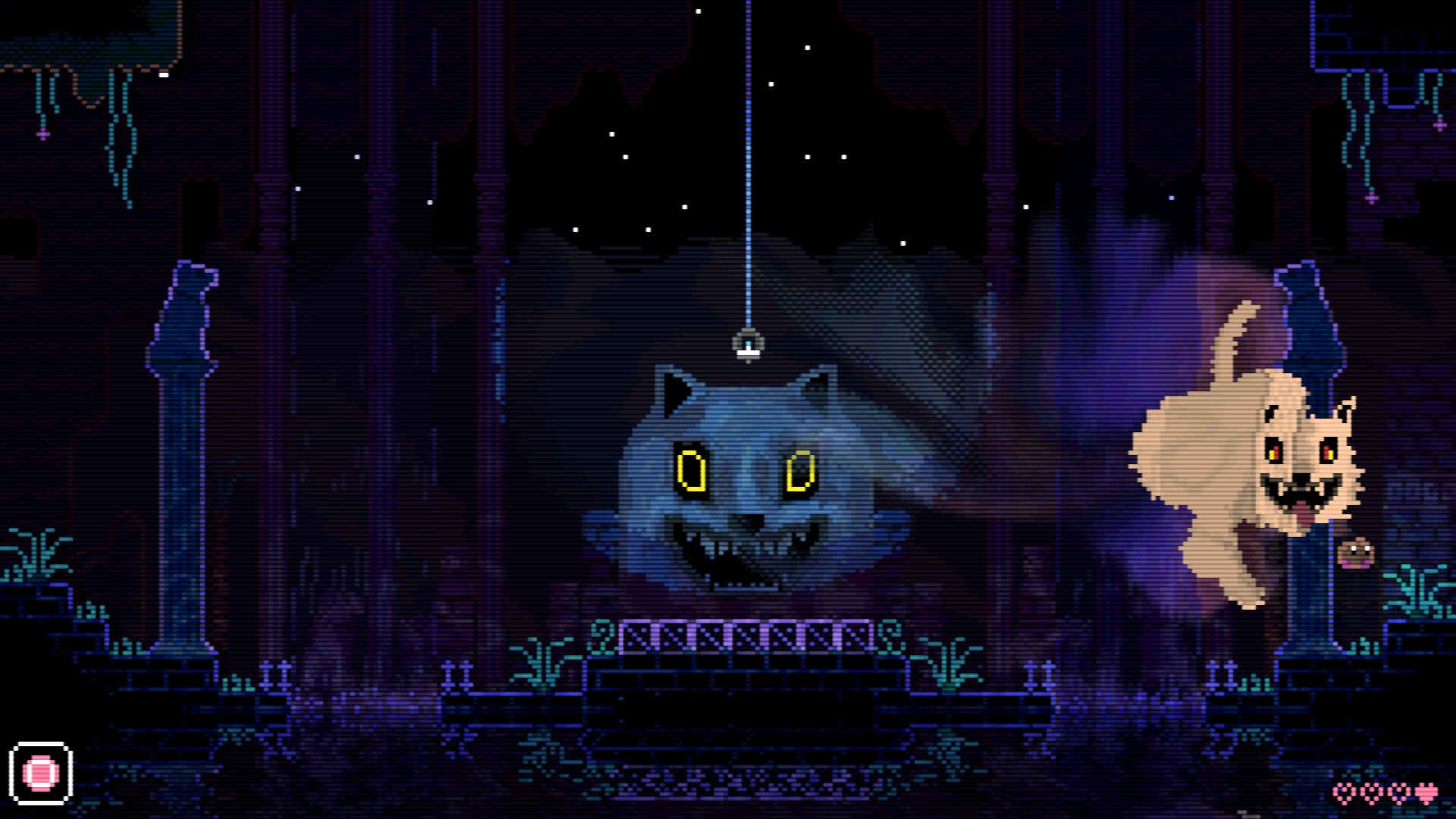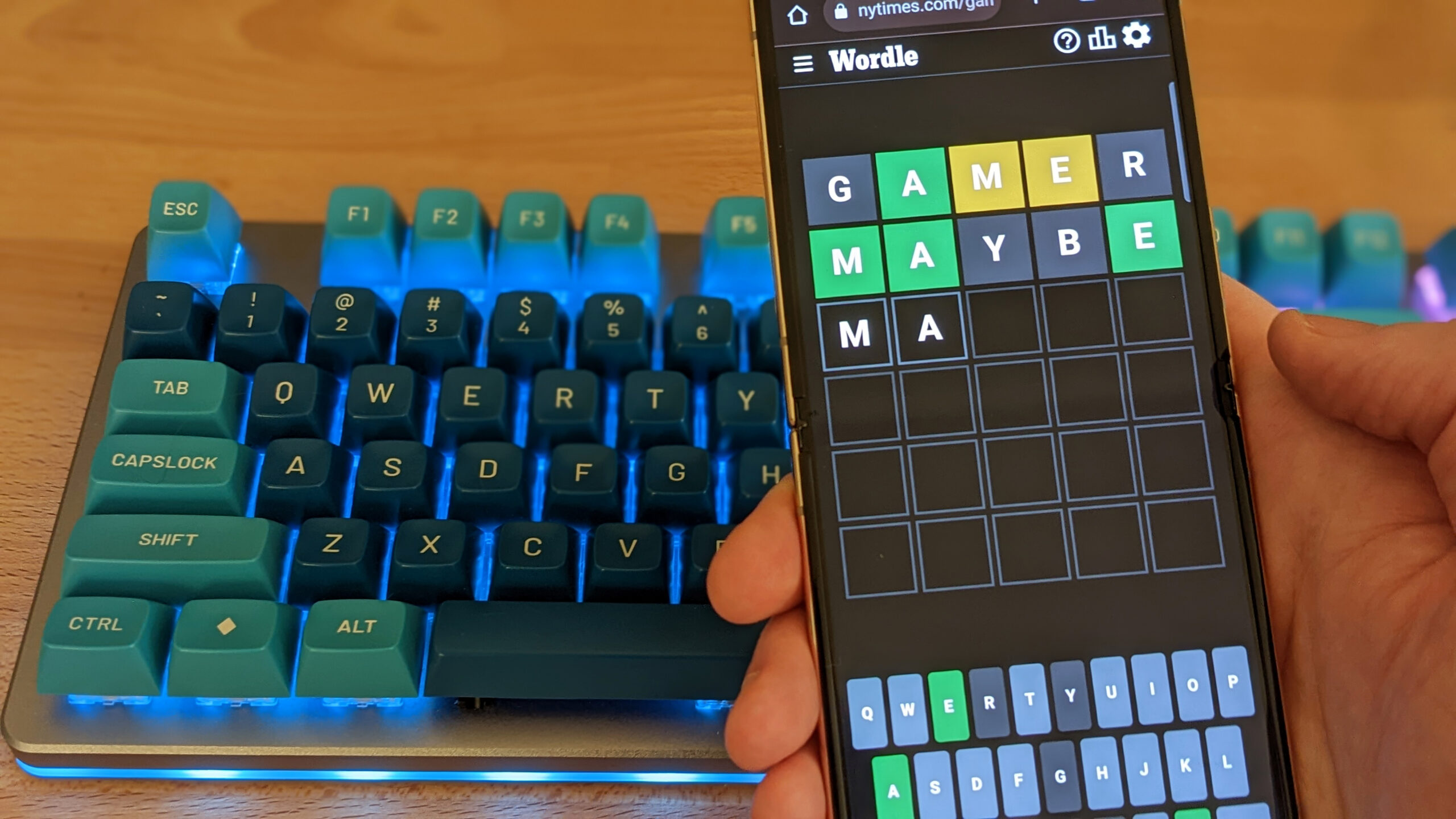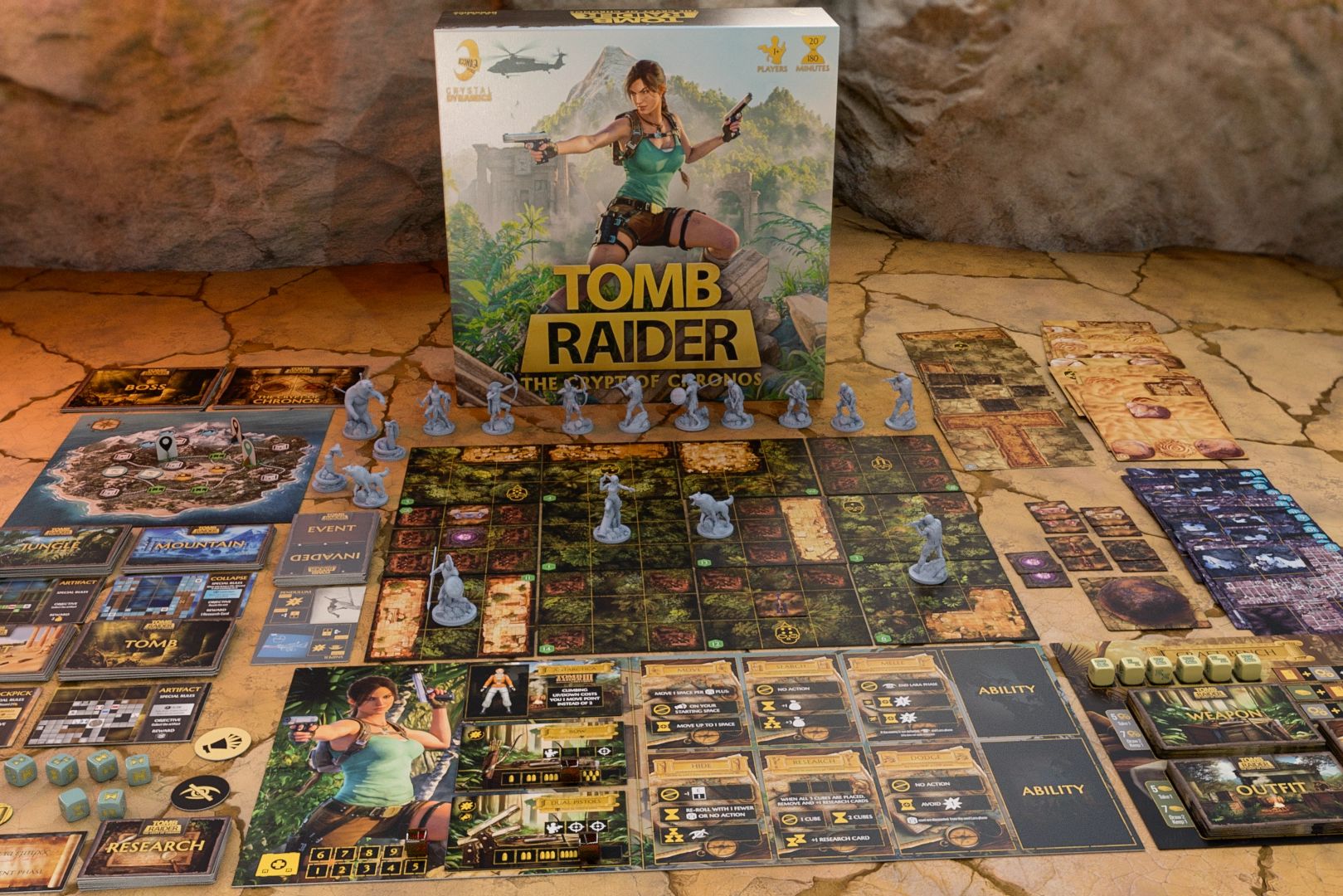Animal Well is a puzzle platformer with seeming infinite depth. The main game will take anywhere between five and 15 hours to complete, but once the credits roll another more cryptic and mysterious game begins. I spent nearly 30 hours with Animal Well for my review and I’m still discovering new things.
It’s an intimidating prospect on paper, but overall, this isn’t a difficult game, chiefly because it relies more on close observation and problem solving than it does on reflex-oriented combat. Still, there are some things worth knowing that aren’t very obvious in the opening hours of Animal Well. Here are some things I wish I’d known from the beginning.
Eggs are worth making the effort for early
(Image credit: Bigmode)
Animal Well doesn’t really explain why there are eggs, but you’ll quickly gather that when you find them—always in chests—they join a display overseen by a peacock in a room you’ll encounter early on. Nice: Animal Well has collectibles for completionists! But make note of the doors to the left. The amount of notches in each door corresponds to the amount of eggs you’ll need for them to open.
Unless you’re blazing through Animal Well with not a care in the world for secrets (which I would argue is the wrong way to play this game) you’ll probably unlock the first three by the main game’s end. But I’d highly, highly recommend scouring as far and wide as possible for eggs as you go. If you see a chest that for whatever reason you can’t reach at that point, be sure to mark it on your map: you’ll come back later with new items and it’ll all make sense.
You’re not breaking the game; you’re not being too clever
I’ve noticed since launch that a handful of players in the Steam forums have wondered whether they’re sequence-breaking the game via clever use of items. Nope. Animal Well is a lot more open-ended compared to your average metroidvania. It’s really good at making you feel like a genius sometimes, but actually, you’re just playing the game as intended: by being curious and experimenting. If you’re approaching Animal Well like you would an immersive sim, then you’re approaching it right.
For example, I was pretty blown away by this method to bypass a locked door, even though it’s kinda obvious!
Double Disc Jump from r/animalWell
Never stop experimenting with items
The items in Animal Well are the game’s answer to metroidvania-style power-ups. All have one pretty obvious use—the bubble wand lets you climb to higher platforms, the frisbee can be used to trigger hard-to-reach switches—but most, if not all, of blobbo’s cherished items have other practical uses. If you’re stuck, your first move should be to try every item. Do a lot of fiddling.
Secret passages are everywhere
Metroidvanias are my bread and butter so I’m pretty obsessive about hitting suspicious looking walls in search of hidden paths. In Animal Well, this is basically a necessity. Don’t worry, in most cases it’ll seem obvious if there’s a hidden passage that is essential to find. Just trust me on this: never stop looking.
Take screenshots liberally and always mark your map
(Image credit: Bigmode)
Look: you may play the first half-dozen hours of Animal Well thinking you’re not particularly interested in its post-game secrets, which is fair enough, but I reckon there’s a 95% chance you’ll change your mind. For that reason alone, it’s worth screenshotting every cryptic seeming-clue you encounter: if something looks suspiciously like a code, it probably is. You’re not going to want to search these down again later.
Oh, and do yourself a favour and use the map stamps, and be consistent with what they indicate to you. There will definitely come times, especially in the post-game, when you’ll thank your past self.
Don’t horde candles
There are dark rooms in Animal Well that can be lit with a one-time use candle item. Don’t horde these, even if you think you’re fine to navigate a room without lighting it up. Just light ’em up, trust me.
Understand the map
I grouched about the map in my review, so I won’t reiterate my beef with it, but its lack of a key is… notable. So here’s a lil’ break down of what the different color pixels mean:
Pink dots: Fruit for replenishing lost healthBlue dots: Fruit that increases your total hearts until deathWhite dots: Fast travel nodesGrey dots: SwitchesRed vertical lines: Locked doorsBrown vertical lines: LaddersTelephones: Save points
Somewhat annoyingly, firecrackers aren’t marked on the map. Nor are treasure chests that you’ve found and not managed to open, so be sure to mark them yourself.
Also, Animal Well’s scanlines—a graphics technique designed to make the game look like it’s running on an old CRT screen—can be toggled off. I think it looks better with them on, but the map is easier to parse when they’re switched off.
Listen
Animal Well looks like the perfect podcast game, and it is, but if you’re one of those sickos who play certain kinds of game on mute (that’s me) then maybe reconsider with Animal Well. Sound prompts are important.
Pause to toggle between items
For a long time I scrolled between items on the fly using the 1 and 3 keys (or the bumpers on a controller), which works early on when you’ve only got a few tools at your disposal, but becomes super unwieldy later on. Press C (or Y on a gamepad) to choose from your inventory, which also pauses the game. This method is essential later in the game when quick switching between items is important.
Relatedly, looking at the map does not pause the game.
The credits rolling is not game over
It took me 15 leisurely hours to see the credits roll in Animal Well, though some players are boasting of five-hour completion times. I mean, at this point it’s probably obvious, since every review dwells on Animal Well’s post-game immensity, but it’s probably worth repeating here that when it’s over, it’s emphatically not over. Keep prodding, keep experimenting, and huge new opportunities will present themselves.











